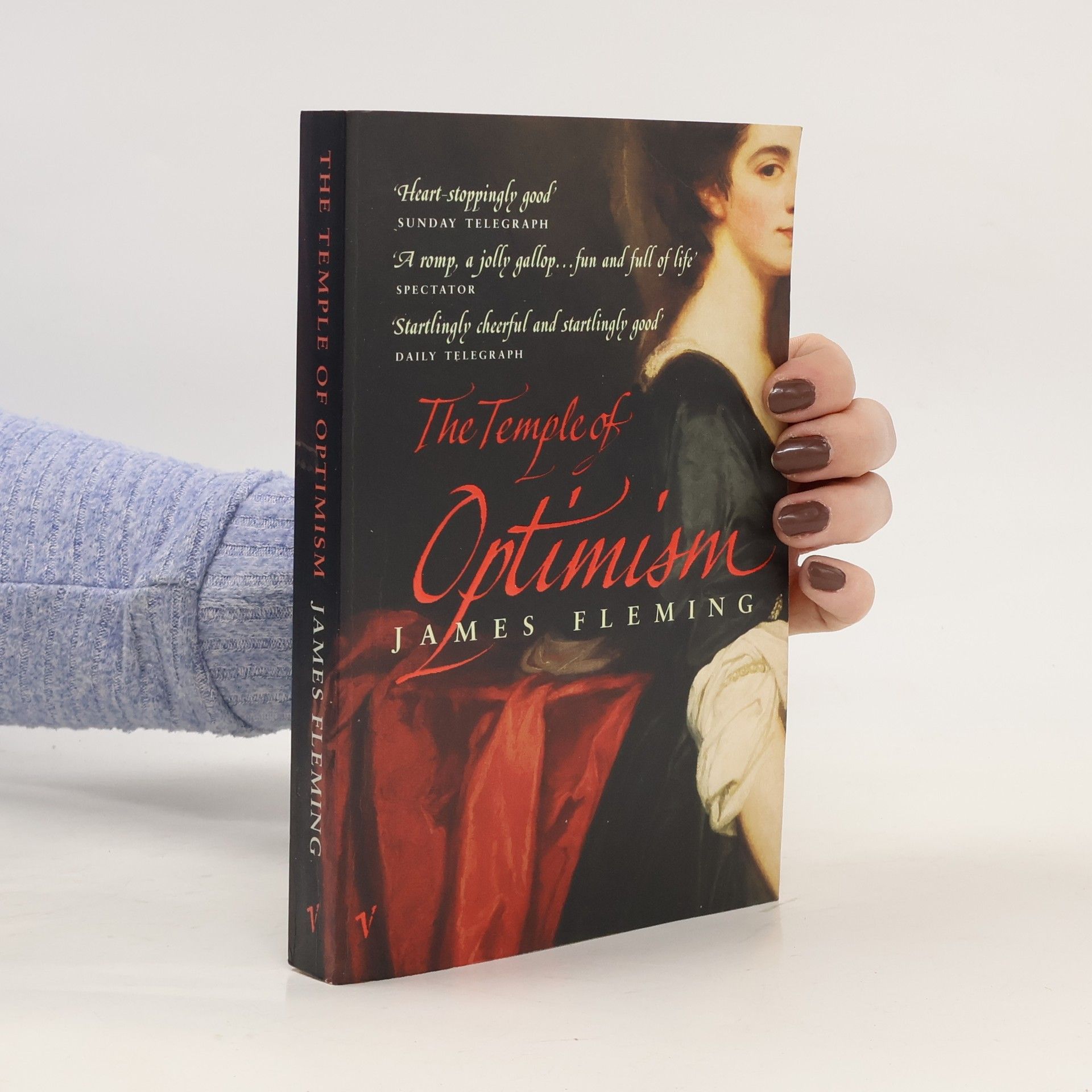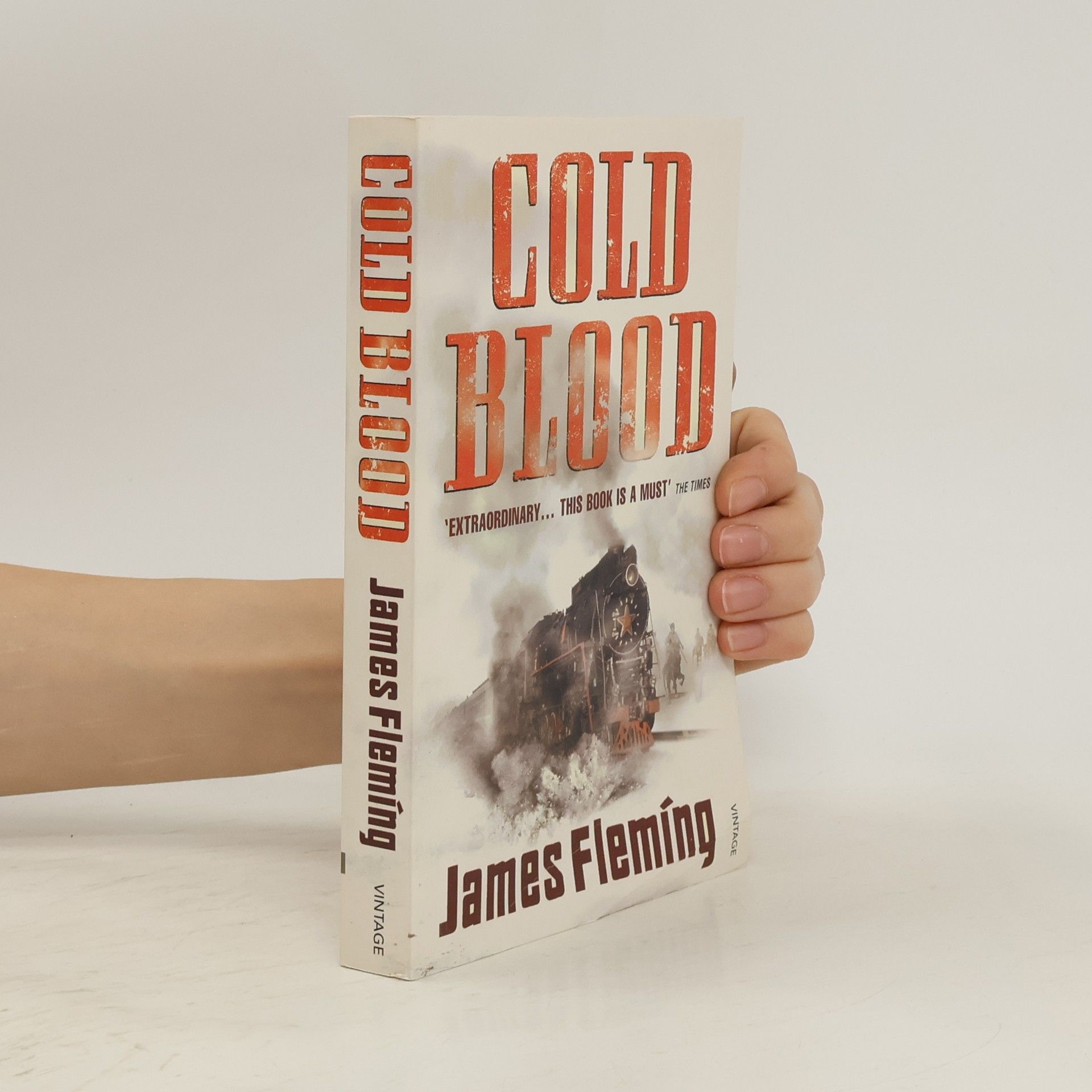A second death of substantive due process? Our practice of substantive due process ; The coherence and structure of substantive due process ; The rational continuum of ordered liberty -- Substantive due process does not "effectively decree the end of morals legislation". Is substantive due process on a slippery slope to "the end of all morals legislation"? ; Is moral disapproval enough to justify traditional morals legislation -- Substantive due process does not enact a utopian economic or moral theory. The ghost of Lochner v. New York ; Does substantive due process enact Mill's On Liberty? -- Conflicts between liberty and equality. The grounds for protecting basic liberties: liberty together with equality ; Accommodating gay and lesbian rights and religious liberty -- The future. The future of substantive due process
James Fleming Books
James Rodger Fleming is a historian of science and technology whose work delves into the intricate and compelling relationship between humanity and the elements. His writing explores the profound implications of our drive to control weather and climate, from early aspirations to contemporary technological pursuits. Fleming's analysis uncovers the ethical, societal, and environmental dimensions of these ambitions, offering readers a thought-provoking examination of this dynamic arena of human endeavor.




Cold Blood
- 328 pages
- 12 hours of reading
The Russian Revolution is breaking out around him, but Charlie Doig has a private war to fight. With rumours of the Tsar's gold reserves nearby, Charlie resolves once he has revenged Elizaveta to attempt to seize a barge of gold from under the watchful eyes of four different armies.
The temple of optimism
- 320 pages
- 12 hours of reading
The Temple of Optimism tells the tale of the relationships of two men and one woman in Derbyshire in 1788. Superficially, the plot is simple: Anthony Apreece covets the land of his young neighbour, Edward Horne. Edward covets Daisy, Anthony's wife.
Exploring the crime noir genre, this collection of essays and reviews highlights the significant impact of societal influences on criminal behavior. It reveals the complex humanity behind the most sinister relationships, offering insights into the psychological and social factors that drive individuals to crime. The work not only analyzes the genre's relevance but also invites readers to reflect on the darker aspects of human nature.